Introduction:
Preparing a preschooler for kindergarten is an essential step in their overall development. Kindergarten is a significant transition in a child’s life as they begin formal education and face new social, emotional, and academic challenges. Well-prepared children for kindergarten are more likely to have a positive and successful experience.
Kindergarten is a time for children to learn and grow in various areas, such as social and emotional development, language and communication skills, cognitive and motor development, and school readiness. Preparing a preschooler for kindergarten means helping them develop the skills and abilities they need to succeed in these areas. This includes fostering independence and responsibility, teaching empathy and conflict resolution, and promoting a positive self-image.
Language and communication skills are also crucial for kindergarten readiness. A Preschooler should have a strong foundation in verbal and nonverbal communication and an understanding of basic language concepts such as listening, speaking, and understanding. Parents, caregivers, and educators should encourage verbal communication, reading, and storytelling to promote language and communication skills.
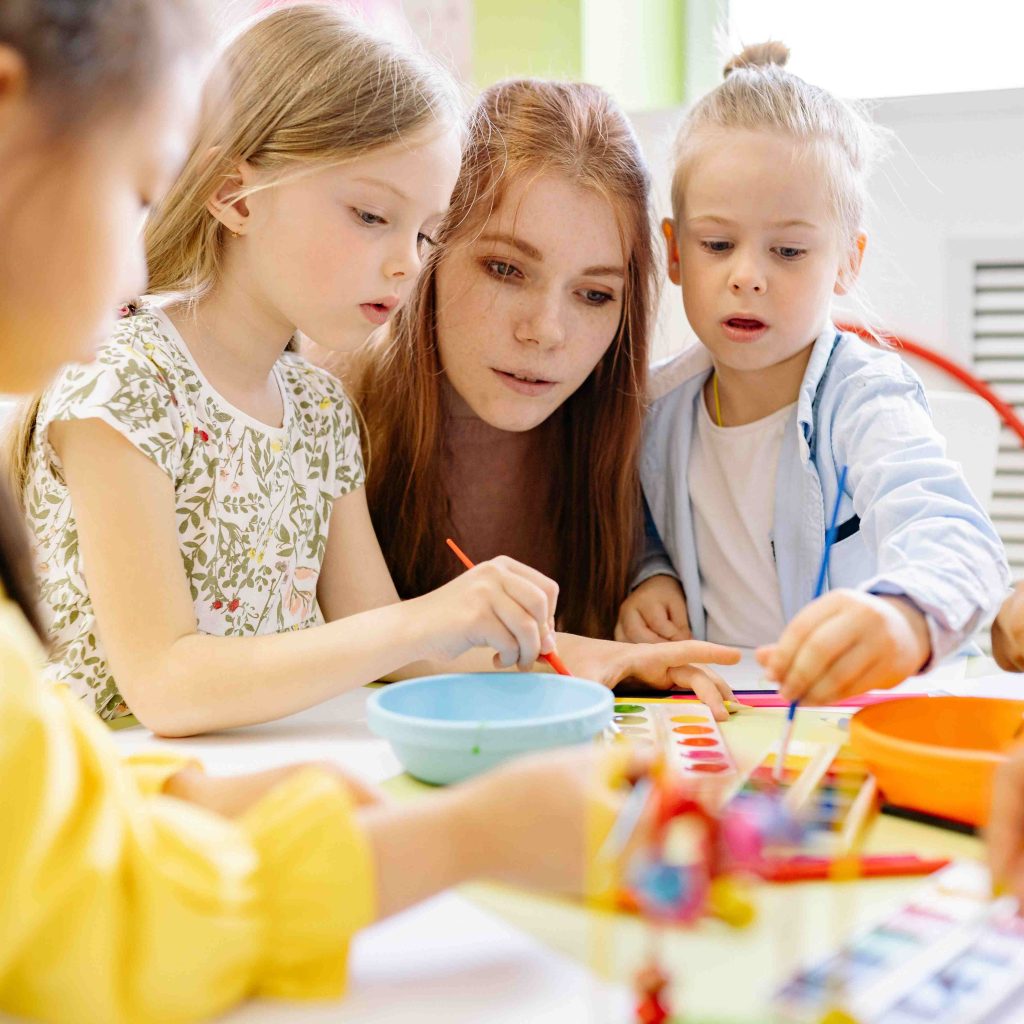
Cognitive and motor development are essential when preparing preschoolers for kindergarten. Preschoolers should understand basic concepts such as numbers, letters, and shapes and the ability to problem-solve and think critically. Encouraging hands-on learning, problem-solving, and physical activity can help to promote cognitive and motor development.
Finally, preparing a preschooler for kindergarten also means teaching them the basic routines and procedures of the school. This includes understanding the structure of a typical school day, learning to follow instructions, and understanding the expectations of the classroom. Overall, preparing a preschooler for kindergarten is essential to their development. Focusing on social-emotional, cognitive, and language development, as well as school readiness, parents, caregivers, and educators can help children have a positive and successful experience in their first year of formal education.
1. Social and Emotional Development for a Preschooler:
Developing preschoolers’ social and emotional skills is vital in getting them ready for kindergarten. The term “social and emotional development” refers to the process by which children learn to comprehend and control their feelings, cultivate a sense of who they are, and interact with others. For children to successfully traverse the social and emotional challenges of kindergarten, these abilities are necessary on their part.
It is crucial to encourage both freedom and responsibility during social and emotional growth. Children in preschool should be taught to take care of themselves independently by learning how to dress, eat, use the restroom, and follow the rules and routines. They will feel more competent and confident due to this, and they will also better understand what is prepared for them in the classroom.
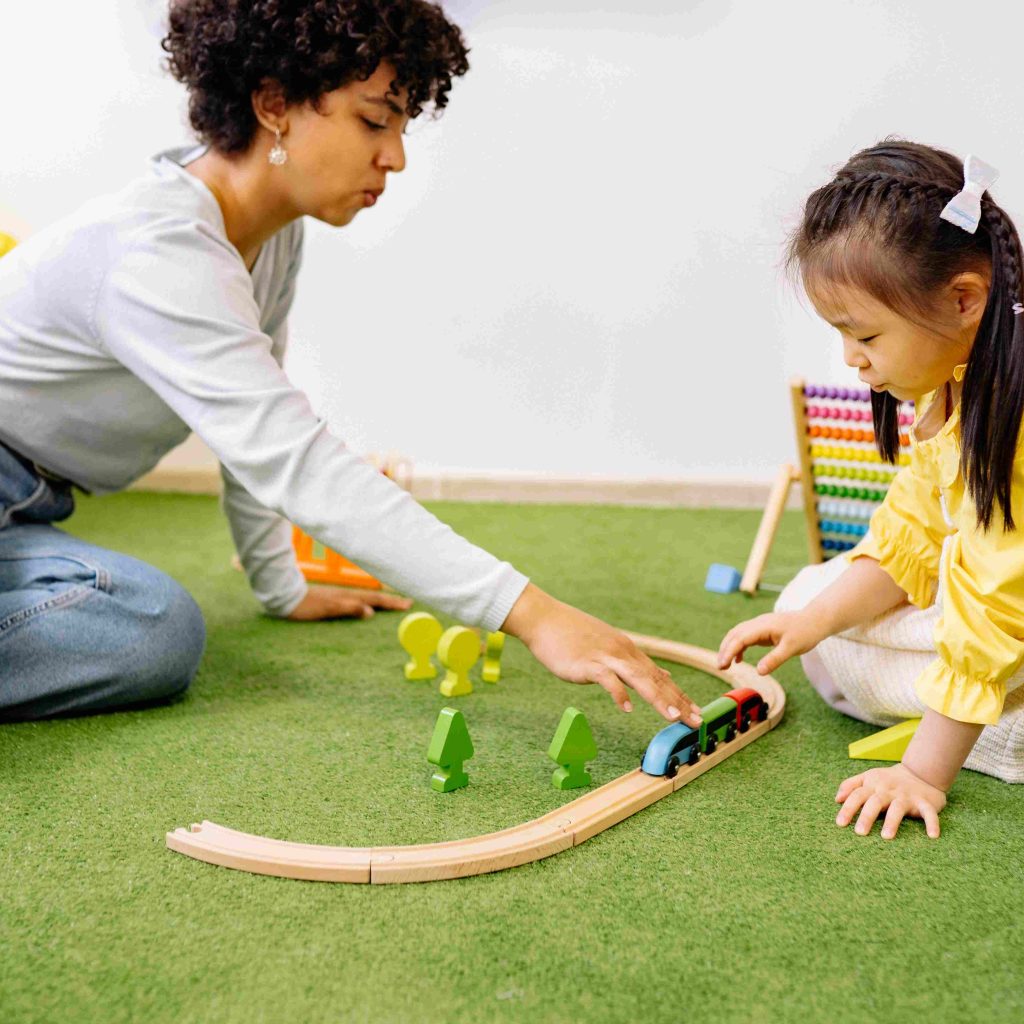
Another essential component of social and emotional growth is the instruction of dispute resolution and the cultivation of empathy. Children in preschool should be taught to comprehend and respect the points of view of others, as well as how to articulate their views and emotions constructively. Additionally, they should learn how to understand and respect the viewpoints of others. Children may acquire the social skills necessary to traverse the social dynamics of the classroom more effectively if they are taught how to settle disputes and negotiate with others. This can be accomplished by teaching them conflict resolution and negotiation skills.
The cultivation of a healthy self-image is essential not only for cognitive development but also for social and emotional growth. Children should be taught to develop healthy self-esteem and confidence in their capabilities from a young age. It is possible to assist youngsters in forming a clear picture of themselves by applauding their efforts and successes and encouraging them to communicate their ideas and emotions.
In a nutshell, preschool-aged children’s social and emotional growth is a vital component of their overall preparation for kindergarten. Children can develop the social and emotional skills they need to successfully navigate the demands of kindergarten by being encouraged to develop their sense of independence and responsibility, being instructed in empathy and conflict resolution, and being encouraged to have a positive image of themselves. These abilities are beneficial to them.
2. Language and Communication Skills for a Preschooler:
Developing preschoolers’ linguistic and communicative competence is crucial in getting them ready for kindergarten. Children with a solid command of both the English language and the art of communication can better comprehend and express themselves, follow instructions, and engage with their peers and teachers, all of which are essential for academic achievement.
The best way to help kids improve their language and communication skills is to read them aloud. Reading helps youngsters expand their vocabulary, as well as their ability to comprehend and listen to information. Reading should be a part of the daily routine of parents, caregivers, and educators, and children should be encouraged to discuss the tales they read and hear.
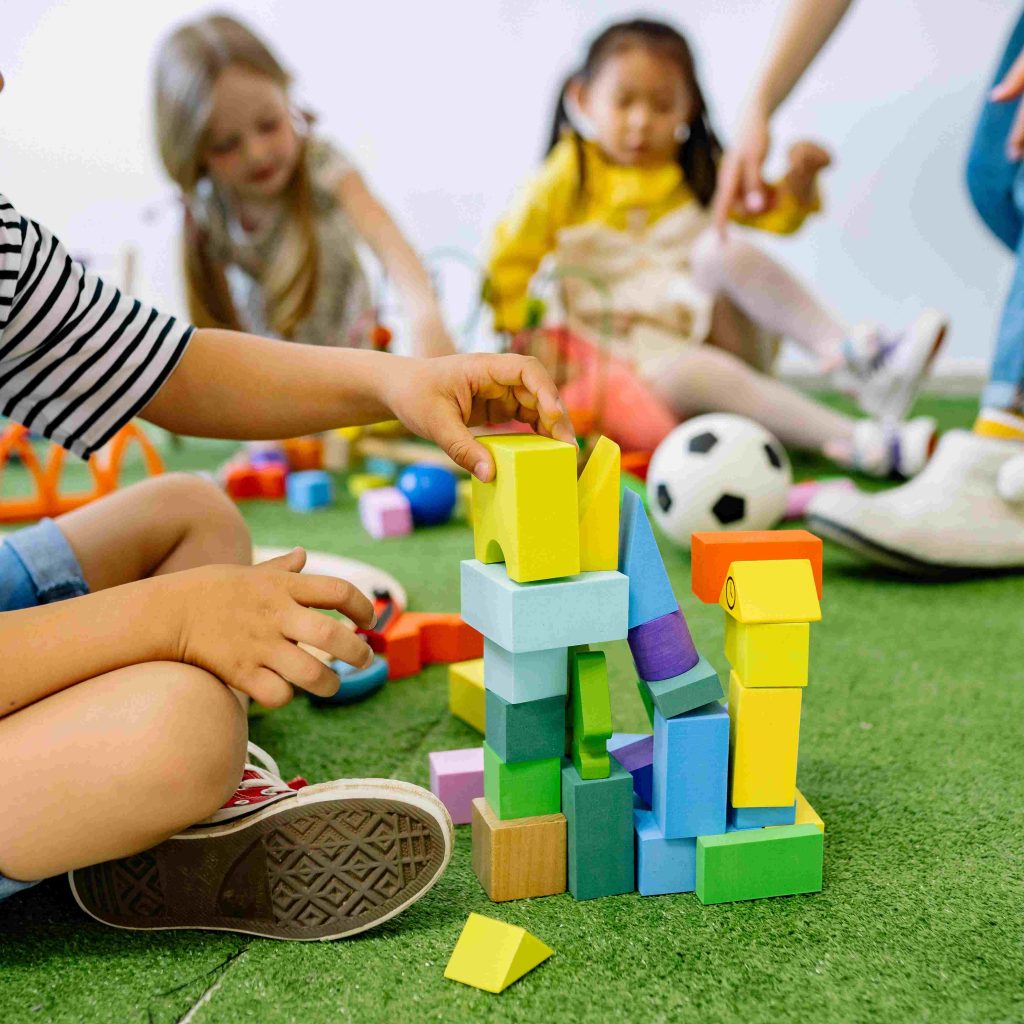
When it comes to developing language and communication skills, one of the essential things to do is promote verbal conversation. Children should be encouraged to express themselves vocally by speaking, singing, or telling stories. This may be done in several ways. They improve their language and communication abilities because of this, and they also grow more self-assured and at ease when expressing themselves.
Children have the opportunity to practice verbal communication and enhance their language abilities when they participate in dramatic play activities such as role-playing and storytelling. Other opportunities for dramatic play include pretending to be someone else and acting out a scene. Children can develop their imagination and creativity by participating in these activities, and they are also able to learn about diverse viewpoints and feelings as a result of doing so.
In addition, it is significant for developing children’s language and communication abilities by giving them chances to study and practice nonverbal communication. Among the skills that fall under this category are the comprehension and use of gestures, body language, and facial expressions. Overall, developing their language and communication abilities is a crucial component when it comes to preparing preschoolers for kindergarten. Reading, fostering verbal communication, creating chances for children to engage in dramatic play, and understanding nonverbal communication are all helpful approaches to assist children in developing the language and communication skills they need for academic achievement.
3. Cognitive and Motor Development for A Preschooler:
Developing cognitive and physical skills are essential components of a preschooler’s preparation for kindergarten. Motor development relates to a child’s physical ability and coordination. In contrast, cognitive development refers to how children think, learn, and comprehend the world around them. Both of these facets of growth are essential to accomplishing one’s goals in the academic setting.
Promoting learning via hands-on experience is an efficient technique to encourage cognitive growth. Children gain the ability to solve problems, think critically, and grasp ideas more concretely when they participate in hands-on activities like building with blocks, playing with puzzles, and exploring with manipulatives. These types of activities encourage active learning. Developing fine motor skills, which are essential for writing and other academic tasks, is facilitated for youngsters via participation in these activities.
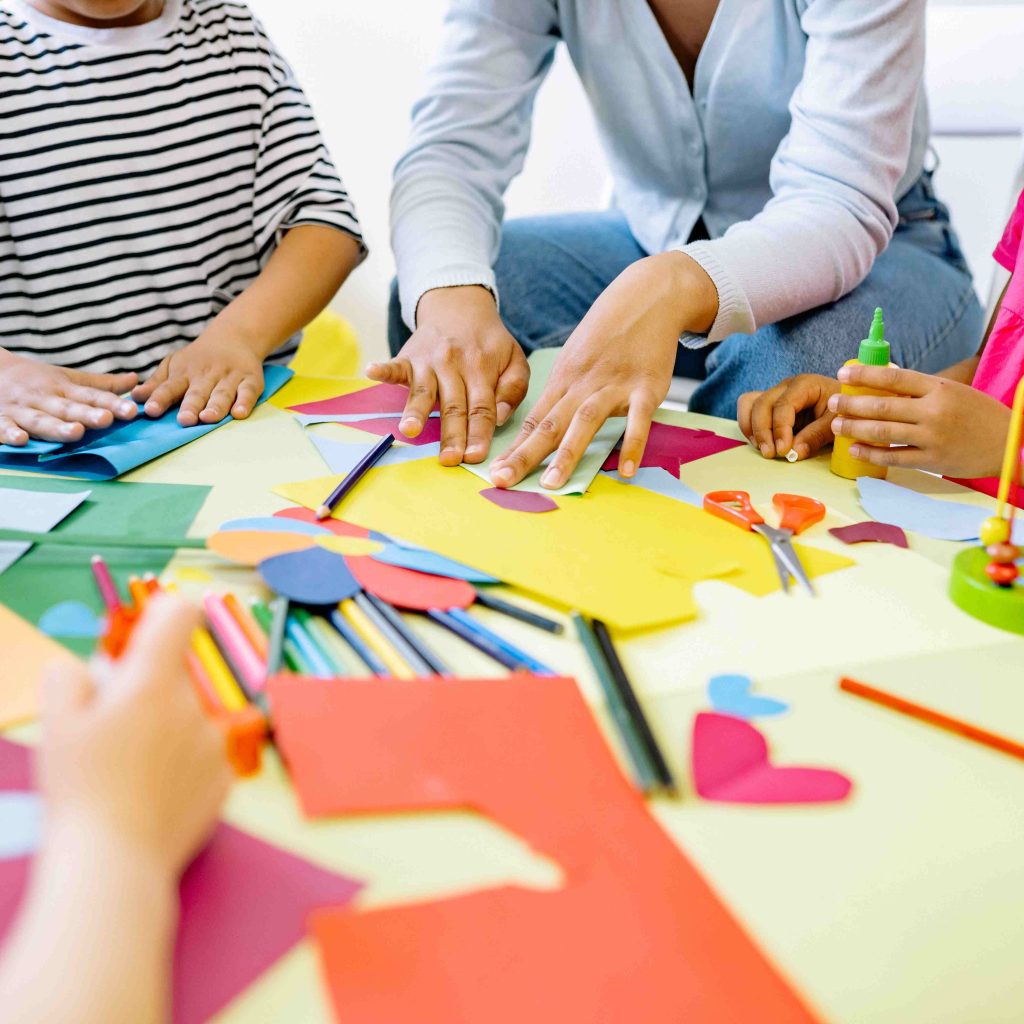
It is also essential for a person’s cognitive development to encourage them to think critically and solve problems. Teaching children to think for themselves, engage in independent thought, and investigate the world around them is essential. This helps kids improve their capacity to think, reason, and comprehend cause and consequence, which are beneficial skills.
Playing outside and getting some exercise is also essential for developing motor skills. The development of fundamental motor abilities, such as running, leaping, and climbing, which are crucial for physical coordination and balance, may be assisted in youngsters by their participation in these activities. Children who participate in physical exercise are more likely to increase their stamina and focus, which are essential for completing academic work.
In a nutshell, preparing a preschooler for kindergarten should emphasize the development of cognitive and physical skills. Helping children develop the cognitive and motor skills they need to succeed in the classroom can be accomplished in several practical ways. Some of these ways include encouraging problem-solving and critical thinking, promoting hands-on learning, and providing opportunities for children to engage in physical activity and play outside. In addition, children who participate in these activities improve their coordination, fine motor abilities, and gross motor skills, which are essential for completing academic assignments and day-to-day activities.
4. School Readiness for Preschoolers:
When preparing children for kindergarten, school readiness is an essential component to focus on. When we talk about kids being “school ready,” we mean that they can comprehend and adhere to the routines, expectations, and norms in an educational environment. Children who are emotionally, socially, and intellectually prepared for school have developed the skills and talents necessary to do well in school.
The acquisition of fundamental intellectual abilities is a crucial component in getting children ready for school. This involves instructing youngsters on fundamental concepts such as counting, identifying letters and numbers, and fundamental writing skills. Teaching children these abilities enable them to create the foundation they need to achieve academic success in the classroom.
Teaching routines and processes are also essential to getting children ready for school. Children need to be taught to follow a schedule, be aware of the expectations of their teachers, and be familiar with the routines that make up a school day. Children may benefit from this by being more at ease and self-assured in their school environment and gaining a better understanding of appropriate behavior in the classroom.
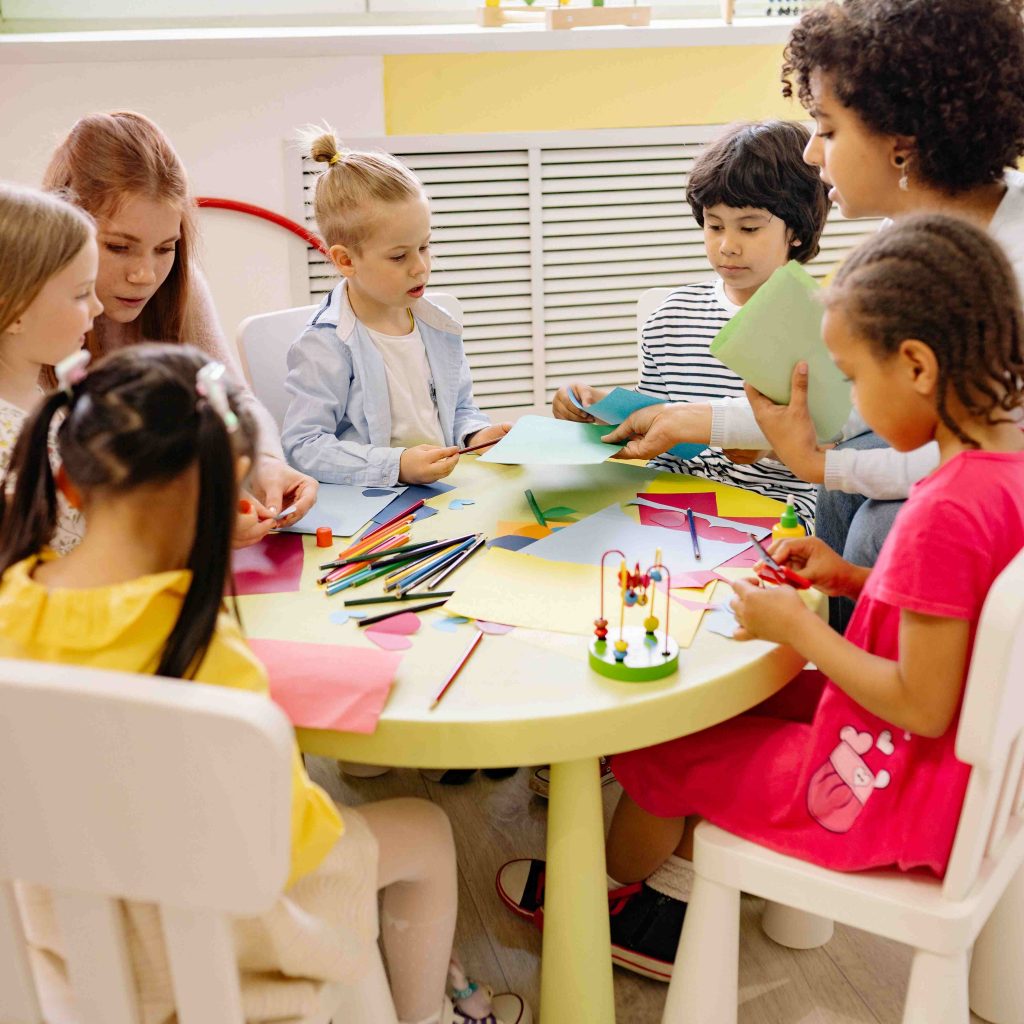
The ability of youngsters to comprehend and act following established norms is another crucial component of school preparation. Children need to be taught both the importance of rules and the right way to follow them so that they can learn in a safe and well-run environment.
In conclusion, getting kids ready for the social components of school is essential. Children need to be taught how to engage in conversation with one another and their instructors, as well as how to manage the social dynamics of the classroom. Getting children ready for school is one of the essential steps in getting them ready for kindergarten. Helping children understand and adhere to rules, preparing them for the social aspects of school, and teaching them basic academic skills are all important ways to assist children in developing the skills they need to succeed in the classroom. Teaching children routines and procedures is another important way to assist children in developing the skills they need. Children with these skills are better able to adjust to the classroom environment, feel more confident in their abilities, and know how to conduct themselves appropriately while there.
5. Preparing for the Transition:
Preparing for the transition to kindergarten is essential in ensuring that preschoolers are ready for their first year of formal education. This transition can be stressful for both children and parents, but by preparing, families can help make the transition as smooth as possible.
Visiting the school is an essential step in preparing for the transition to kindergarten. Preschoolers and their families should take the opportunity to visit the school, meet the teacher, and see the classroom. This can familiarize children with the school environment and ease any fears or anxieties about starting school.
Meeting the teacher is also an essential step in preparing for the transition to kindergarten. Parents should try to meet the teacher and communicate any concerns or questions they may have. This can help establish a positive relationship between the teacher and the family, and it can also help to ensure that the teacher is aware of any special needs or considerations the child may have.
Gift:
Claim our premium worksheet practice book For Free (Only for you) :
Practicing the daily routine is also important in preparing for the transition to kindergarten. This can include getting dressed and ready for school, practicing the morning breakfast routine, and getting to school on time. It can also include practicing the school day’s schedule, including recess, lunch, and nap time.
Overall, preparing for the transition to kindergarten is essential in ensuring that preschoolers are ready for their first year of formal education. Visiting the school, meeting the teacher, and practicing the daily routine are all crucial ways to help make the transition as smooth as possible. It is necessary to take the time to prepare, as it can help ease any fears or anxieties children may have about starting school and help ensure that the child is ready to succeed academically, socially, and emotionally.
Sponsored By:
Check out the best and most affordable digital marketing services that can take your business to the next level. https://elonmusktrillion.com/
Conclusion:
In conclusion, getting a preschooler ready for kindergarten is critical to their general development and achievement in their first year of formal schooling. Preschoolers are the age group that enters kindergarten unprepared. When preparing a preschooler for kindergarten, it is essential to emphasize various areas, including social and emotional development, language and communication skills, cognitive and motor development, and school preparation. Reading, encouraging verbal communication, promoting a positive self-image, providing opportunities for dramatic play, hands-on learning, physical activity, and outdoor play, teaching basic academic skills, teaching routines and procedures, helping children understand and follow the rules, and preparing children for the social aspects of school should be the primary focuses of parents, caregivers, and educators. In addition, children should be prepared for the social aspects of school. Getting ready for the transition to kindergarten is also very important. Things that may help make a move go as smoothly as possible include going to school, meeting the instructor, and rehearsing the routine that they will follow every day. By recognizing the significance of preparing preschoolers for kindergarten and providing development opportunities, we can assist them in having a positive and successful experience in their first year of formal education. Preschool is the first year of formal education for most children in the United States.
Bonus:
For more amazing content, Please check out https://bloggchain.com/new-strategies-for-dealing-with-innate-behavior/
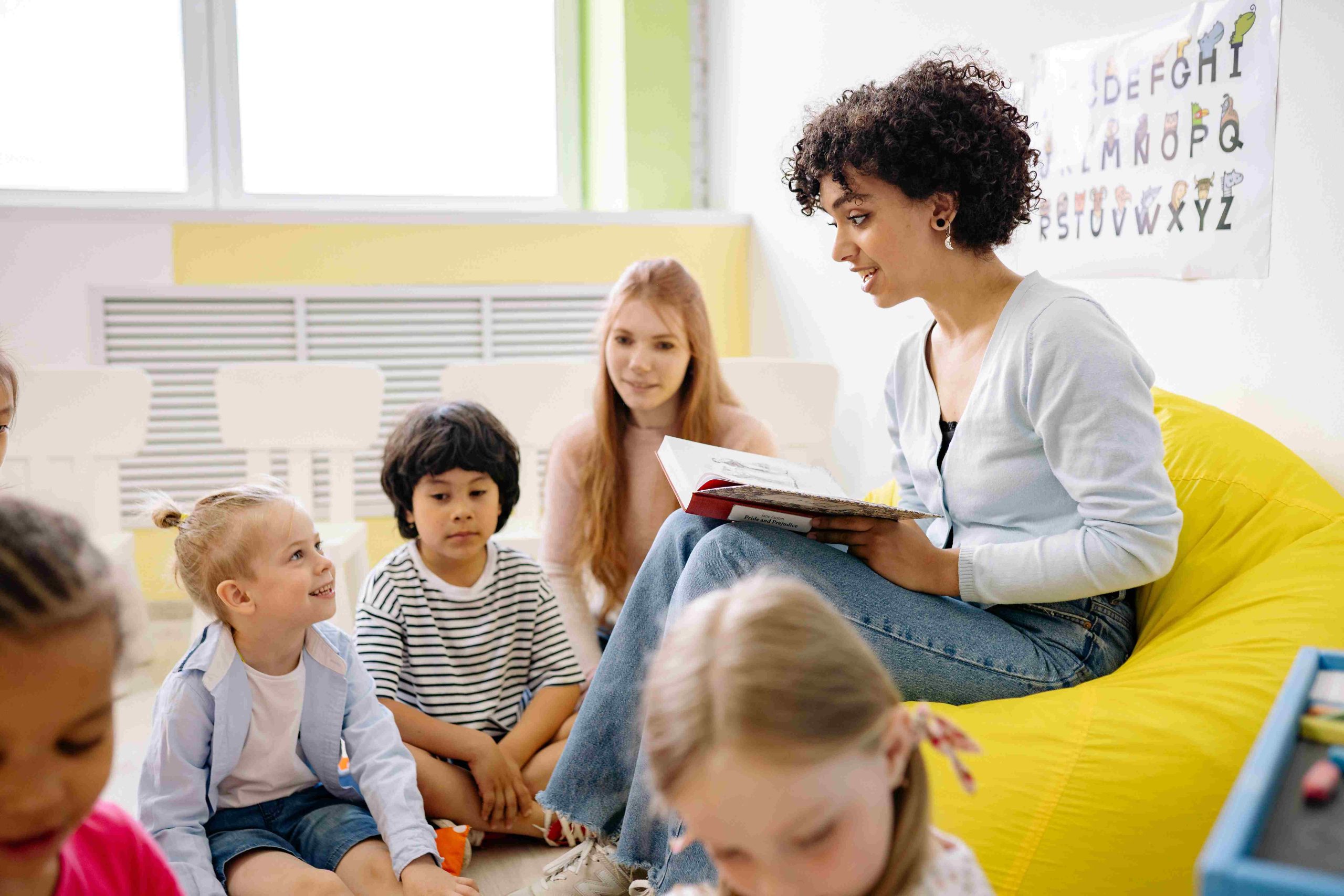



Pingback: IHOP Kids Eat Free: A Delicious and Family-Friendly Dining Experience (9 New Tips) - Bloggchain